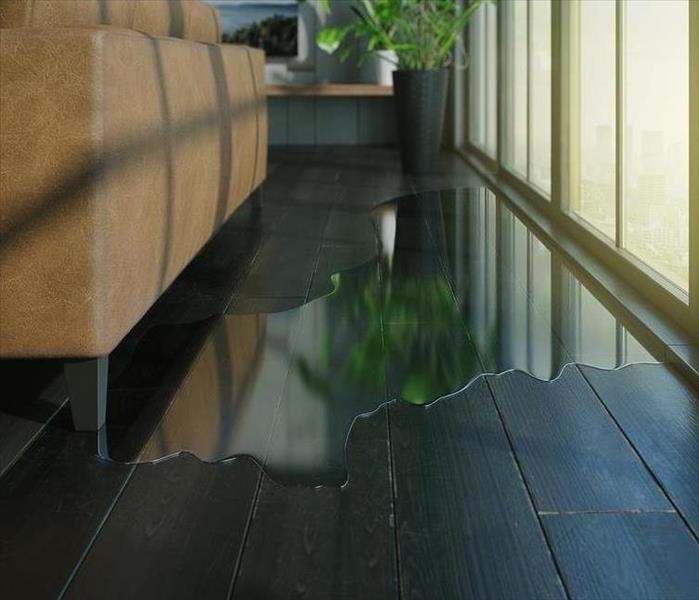Navigating Water Damage Insurance Claims in South Miami
1/10/2024 (Permalink)
Have the recent rains or an appliance malfunction damaged your home? You're not alone – it's actually the most common reason people file claims on their homeowner's insurance. But, heads up – sometimes, not all the damage costs are covered, and that can be quite the surprise to many of our clients! That's why it’s crucial to really understand what water damage means and how insurance companies usually deal with it. Don’t worry, we’ve got you covered! Read on to learn some tips for managing water damage insurance claims.
Understanding Your Coverage: The First Step in Flood and Water Damage Restoration
Review Your Policy: Understand what your insurance policy covers and what it doesn’t. Policies in South Miami often have specific clauses for water damage, especially considering the area's susceptibility to flooding and hurricanes.
Immediate Steps Post-Damage
Act Quickly: Water damage can worsen over time, so it's crucial to act fast. As soon as you notice water damage, call an IICRC-licenses water damage restoration contractor. Then, start the claim process. Delaying can not only increase the damage but might also affect your claim.
Document Everything: Take photos or videos of the damage as soon as possible. Document the source of the water damage, if identifiable, and the extent of the damage to your property. Keep a log of the dates and times of events as they unfold.
Mitigate Further Damage: Take reasonable steps to prevent further damage, such as turning off the water main if the damage is from a burst pipe. However, do not start major repairs before the insurance adjuster has assessed the situation.
Document Everything
Keep Receipts for Expenses: If you need to make temporary repairs or relocate temporarily, keep all receipts. These costs may be reimbursable under your insurance policy.
File Your Claim Promptly: Insurance companies typically require claims to be filed within a certain time frame. Delaying your claim could result in it being denied.
Prepare for the Adjuster's Visit: When the insurance adjuster visits, have your documentation ready. Show them all the damage and provide copies of your records.
Be Wary of Early Settlement Offers: Insurers might offer a quick settlement, but this may not fully cover your damages. It’s important to ensure that all damages have been identified and assessed before agreeing to a settlement.
Choose the Right Restoration Service
Get Professional Assessments: Hire an independent professional, like a water damage restoration contractor.
Prevent Future Water Damage: After your claim is resolved, take proactive steps to prevent future water damage. This might include regular maintenance of plumbing, installing water sensors, or considering additional insurance coverage like flood insurance.
Conclusion
Remember, each claim is unique, and the process can vary based on your specific circumstances and insurance policy. Staying informed and prepared can make a significant difference in the outcome of your water damage insurance claim.



 24/7 Emergency Service
24/7 Emergency Service
